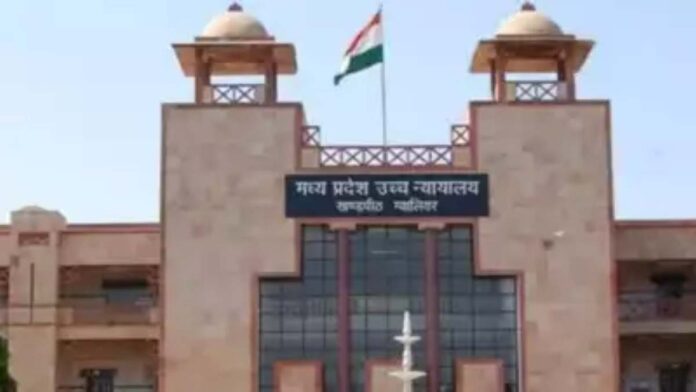The High Court of Madhya Pradesh, in a recent order, quashed a trial court’s decision that had rejected applications for substituting legal representatives (LRs) on procedural grounds. Justice Deepak Khot, sitting at the Jabalpur bench, held that the trial court’s order was “bad in law” as it was passed “dehors the principle” laid down by
To Read More Please Subscribe to VIP Membership for Unlimited Access to All the Articles, Download Available Copies of Judgments/Order, Acess to Central/State Bare Acts, Advertisement Free Content, Access to More than 4000 Legal Drafts( Readymade Editable Formats of Suits, Petitions, Writs, Legal Notices, Divorce Petitions, 138 Notices, Bail Applications etc.) in Hindi and English.




